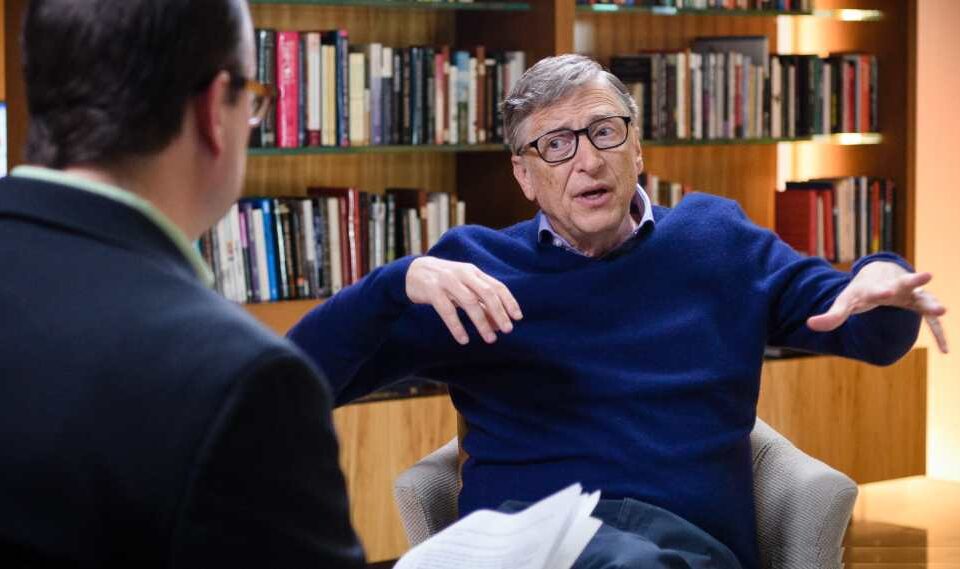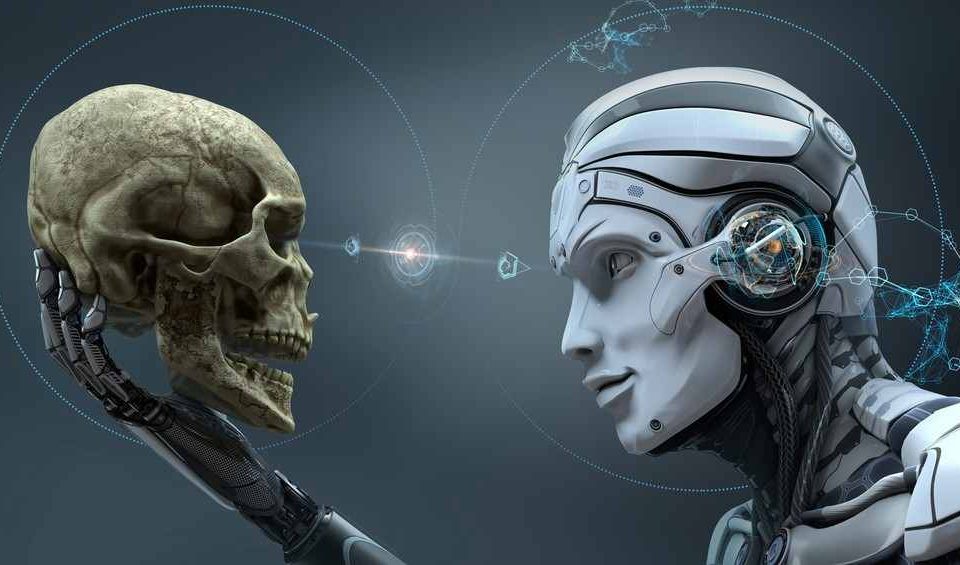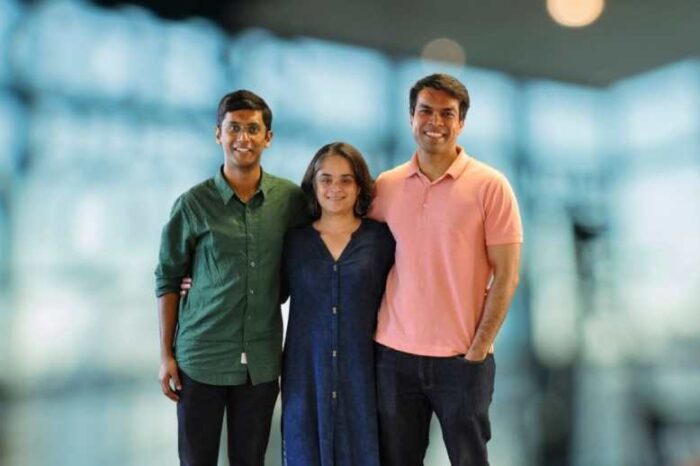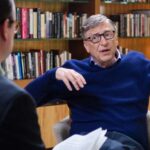Bill Gates warns: AI will replace most human jobs, including doctors and teachers, within a decade

For years, experts have been warning about artificial intelligence replacing humans. Now, with the rise of generative AI, agent-based systems, and the growing use of robotics across industries like medicine and education, Microsoft co-founder Bill Gates is the latest to sound the alarm.
Speaking to Jimmy Fallon on The Tonight Show, Gates didn’t sugarcoat his outlook: “With AI, over the next decade, that will become free, commonplace — great medical advice, great tutoring.” He added that humans won’t be needed “for most things” anymore, CNBC reported.
Gates, who’s been watching this space closely, called it a shift toward what he described as “free intelligence” — a new kind of abundance where high-quality advice, education, and services are widely accessible through machines instead of people.
AI Replacing Humans
He expanded on this view during a conversation last month with Harvard professor Arthur Brooks. Gates called the pace of AI development “very profound and even a little bit scary — because it’s happening very quickly, and there is no upper bound.”
This isn’t just theory. The tools are already here. AI models can now pass AP Biology exams, write passable code, and provide real-time medical summaries. What used to be considered expert-level knowledge is increasingly being handled by machines — sometimes better, often cheaper, and always faster.

That’s what makes this shift so uncomfortable. It’s not just that AI can write an email or summarize a PDF. Gates is pointing to a bigger disruption — a reshuffling of labor markets where humans become optional in fields we once assumed were untouchable.
There’s disagreement on how deep this will cut. Some believe AI will support workers, making people more productive and efficient. Others, like Mustafa Suleyman — co-founder of DeepMind and now Microsoft AI CEO — argue the tools will replace humans outright. In his book The Coming Wave, Suleyman writes, “They will make us smarter and more efficient for a time and will unlock enormous amounts of economic growth, but they are fundamentally labor replacing.”
Gates sees both sides. He’s excited about what AI can do, especially for medicine, education, and climate solutions. At the same time, he admits there are real concerns — from misinformation to job displacement — that can’t be ignored. In a 2023 blog post, he called those concerns “understandable and valid.”
Still, if he were starting over today, Gates said he would build an AI startup. Speaking with CNBC Make It in September 2024, he noted, “Today, somebody could raise billions of dollars for a new AI company [that’s just] a few sketch ideas… I’m encouraging young people at Microsoft, OpenAI, wherever I find them: ‘Hey, here’s the frontier.’”
Back in 2017, Gates had already flagged AI as the next major shift. At an event with Warren Buffett, he cited Google DeepMind’s Go-playing AI as a turning point. But even he didn’t expect what happened next.
In a recent blog post, Gates revealed he once challenged OpenAI to build a model that could ace an AP Bio test. He thought it would take years. “They finished it in just a few months,” he wrote. That moment, to him, marked the most significant leap in tech since the graphical user interface.
Gates is right. Companies like IBM, Salesforce, and Meta are already planning to replace software engineers with AI. For example, in 2023, IBM announced plans to replace 7,800 jobs with AI and pause hiring. The company stated that thousands of roles are expected to be eliminated through AI and automation over the next few years.
This isn’t speculation anymore. The pieces are already falling into place. Whether that means new opportunity or widespread disruption depends on how the next decade unfolds — and who’s still in the picture when it does.




